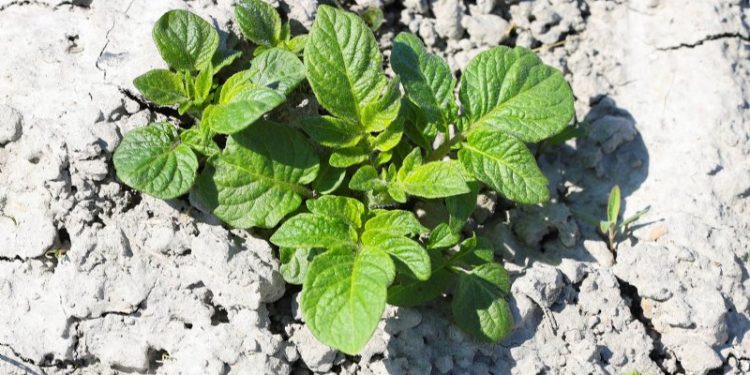In this article, we delve into the repercussions of extreme weather events in Southern Europe, shedding light on the vulnerabilities faced by the agricultural sector. Drawing on the latest data from various sources, including the report shared by Nieuwe Oogst, we explore the impact of extreme weather on farmers, agronomists, agricultural engineers, farm owners, and scientists, emphasizing the need for resilience and adaptation in the face of changing climate patterns.
According to the report on Nieuwe Oogst, Southern Europe has experienced a series of extreme weather events that have laid bare the vulnerability of the agricultural industry. Heatwaves, droughts, floods, and other climatic extremes have significantly impacted crop production and challenged the livelihoods of farmers in the region.
Data from multiple studies underscore the detrimental effects of extreme weather on agriculture. Heatwaves and droughts can lead to water scarcity, crop stress, reduced yields, and economic losses. Conversely, heavy rainfall and floods can result in soil erosion, waterlogging, and damage to crops, infrastructure, and livestock.
The increasing frequency and intensity of extreme weather events necessitate the implementation of adaptive strategies in agriculture. This includes the adoption of resilient crop varieties that can withstand harsh conditions, the use of precision irrigation techniques to optimize water usage, and the implementation of conservation practices to mitigate soil erosion and enhance water retention.
Furthermore, farmers and agricultural stakeholders can benefit from implementing climate-smart agricultural practices. These practices involve integrating climate information, precision agriculture technologies, and sustainable land management techniques to improve productivity, enhance resource efficiency, and build resilience against future climate risks.
In conclusion, the exposure of agricultural vulnerability to extreme weather events in Southern Europe highlights the urgent need for adaptation and resilience in the agricultural sector. By implementing adaptive strategies, such as resilient crop varieties, precision irrigation, and climate-smart agricultural practices, farmers can mitigate the impacts of extreme weather, enhance productivity, and ensure long-term sustainability in the face of a changing climate.
Tags: Extreme Weather, Climate Change, Agricultural Vulnerability, Adaptation, Resilience, Climate-Smart Agriculture, Water Scarcity, Crop Stress.







